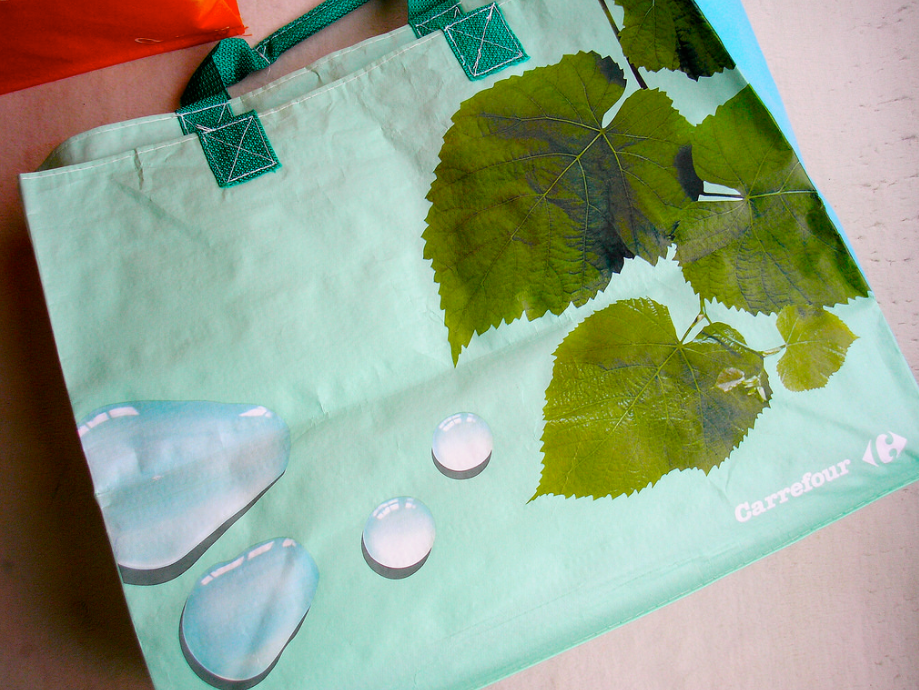America's Plastic Bag Problem Is out of Control

By:
The Oscar-winning film "American Beauty" depicted a floating plastic bag as artistic and beautiful.
But to the environment, the truth is far from lovely.
Every year, consumers use 1 trillion single-use plastic bags.
Americans alone are responsible for 100 billion of those bags, according to the Earth Policy Institute. That comes out to around one bag per person each day, the Earth Policy Institute said.
The bags are doing a number on animals and the environment at large. At least 100,000 marine creatures are killed each year from plastic entanglement, and 1 million sea birds are killed by plastic each year as well, the educational organization Ocean Crusaders reported.
"A plastic bag can kill numerous animals because they take so long to disintegrate," Ocean Crusaders said. "An animal that dies from the bag will decompose, and the bag will be released; another animal could ... fall victim and once again eat the same bag."
ATTN: noted the danger in a video, which included footage of animals coming into contact with plastic bags:
Animals aren't the only ones at risk.
Plastic can end up in human food after it breaks down in the ocean, as sea life and seafood can contain plastic and other waste.
Some cities have fought back with plastic bag bans.
Austin, Texas; Los Angeles; San Francisco; and Seattle are just a few cities that have enacted plastic bag bans,
The state of California also banned plastic bags, and state voters in November approved a proposition to ban plastic bags.
The best alternative to a plastic bag is a reusable bag.
 Flickr/Michael - flickr.com
Flickr/Michael - flickr.com
Oceanographer Charles J. Moore commended California's efforts to prevent plastic from entering the ocean.
Moore wrote in The New York Times that plastics "are now one of the most common pollutants of ocean waters worldwide":
"In the United States, especially in California, the focus has been on so-called structural controls, such as covering gutters and catch basins with screens. This has reduced the amount of debris flowing down rivers to the sea. Activists around the world are lobbying for bans on the most polluting plastics — the bottles, bags, and containers that deliver food and drink. Many have been successful. In California, nearly 100 municipalities have passed ordinances banning throwaway plastic bags, and the Senate is considering a statewide ban.
"Until we shut off the flow of plastic to the sea, the newest global threat to our Anthropocene age will only get worse."
Certain companies are encouraging the use of resuable bags.
Businesses such as H-E-B, Home Depot, and Wal-Mart have given away free reusable bags to customers on past Earth Days to promote the use of reusable bags.
